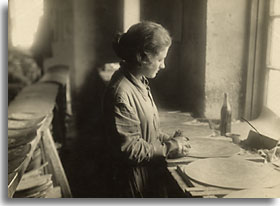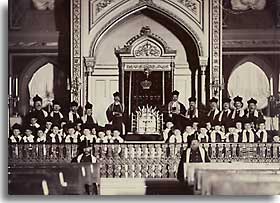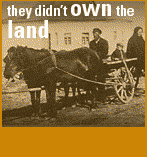

Community Institutions


Though still a tiny community in 1797, Odessa's Jews were quick to establish a cemetery and Khevra Kaddisha (Burial Society) called the Gemilut Khesed Shel Emet (Help Society). In 1798, a modest synagogue was built and the kehilla (Board) was formed to govern and administer to the Jewish community. Supplementing the charitable work of the kehilla, Odessa's philanthropists set up summer camps for invalid children, soup kitchens, day-care for the children of laborers, orphanages, a 250 bed home for the aged, and a well-endowed hospital to serve sick Jews from around the region.
Though not a stronghold of Hasidism or other traditional orthodoxy, Odessa once housed dozens of synagogues and prayer-houses. Distinguished by occupation - butchers, flour-dealers, peddlers, and so on - trade members each founded their own Beis Medresh (small study and prayer house). The first of the city's major synagogues was the Main Synagogue, built on the corner of Richelevskaya Street and Yevreiskaya (Jewish) Street soon after the founding of the community. By the mid-19th century, the old building was crumbling and the community raised funds to replace it with a more permanent and attractive structure built in the Italian Renaissance style. As with all but one of Odessa's synagogues, it was closed in the 1920s by the Communist government crackdown against religion.


Odessa's more secular Jews organized the "Broder" Shul (synagogue), constructed in 1840, and rebuilt in 1863. Notably this was the first synagogue in Russia to feature a modern church-like choir (sixty years later and organ was also added), which launched a trend that is still followed within Reform Jewish temples. The Remeslennaya Street Synagogue, - a simple one-story building split between a tailors' congregation and the Malbish Arumim (Clothing for the Naked) philanthropic Society - was also built during the mid-19th century. This synagogue was closed in 1920 and for decades was used as a warehouse It was finally returned to the Jewish community in 1992. Today, after considerable renovation, the building houses the BeitHabad congregation of Lubavitch Hasidim, who share it with other Jewish organizations. One of the only active congregations in Odessa today, Beit-Habad is an ironic renewal of Hasidism in a city that was always better known as a center for liberal Jewish traditions.















